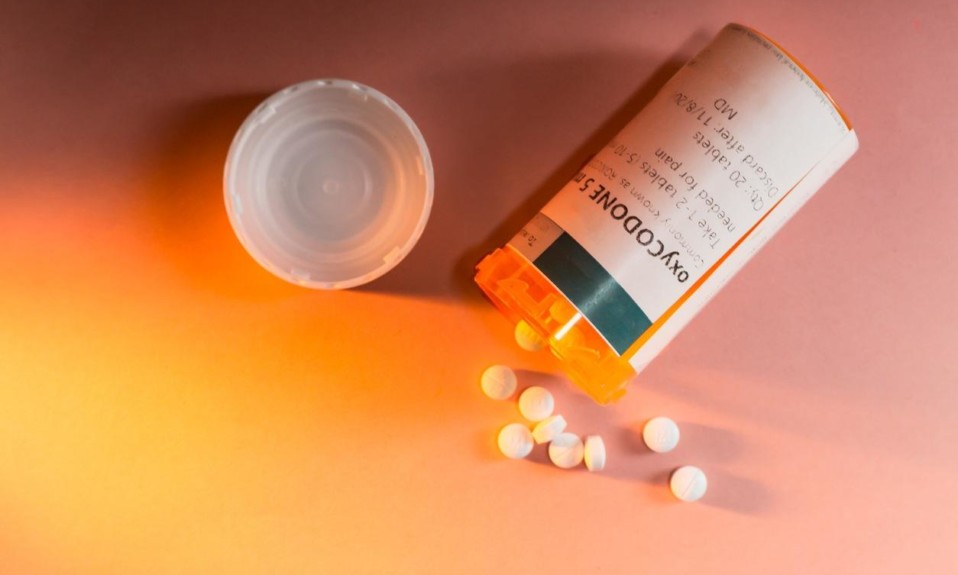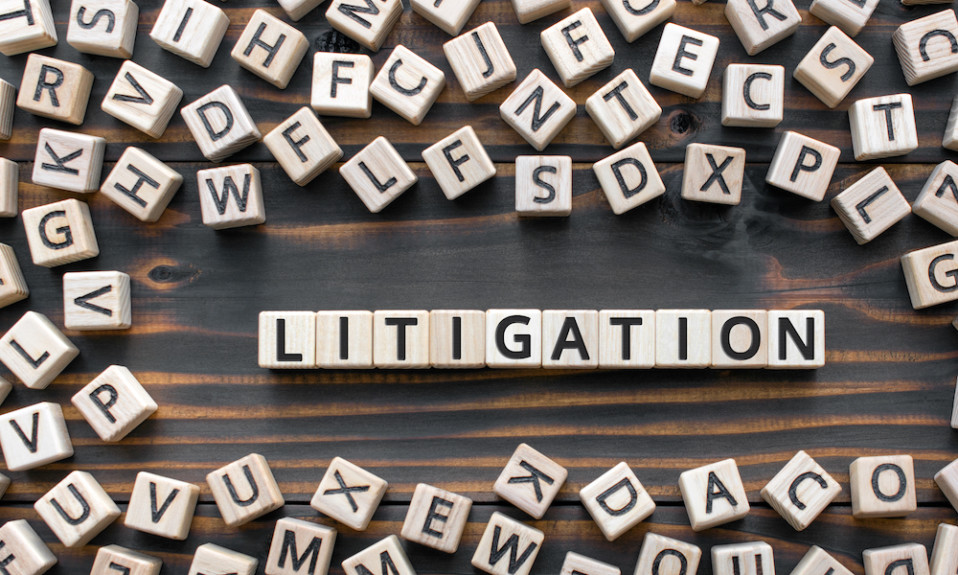Experts are concerned that penalties and settlements won’t be appropriately directed to address the opioid crisis, such as funding treatment and overdose-reversal programs
By Jason Langendorf
February 9, 2021In the case of the opioid epidemic currently raging across the United States, there is no shortage of blame to go around. But holding the responsible parties accountable has proven to be a monumental task of its own—and is just the first step toward addressing the problem, say experts.
Last week it was announced that the consulting firm McKinsey & Co. had reached a total of nearly $600 million in settlements with attorneys general across 49 states, the District of Columbia and five territories for its role in helping to “turbocharge” the country’s current opioid crisis. The agreement marked yet another important piece of litigation related to the opioid epidemic that was either filed or settled in recent months.
This is probably the first time that McKinsey in its consulting role has actually been held liable and legally responsible for the outcomes of its advice and guidance, in a professional capacity. So, I would say that’s a really, really strong development that [the states] were able to make the case at all.”—Courtney Hunter, vice president of state policy, Shatterproof
What sets apart the McKinsey settlement is the nature of the firm’s business and its role. In other cases where McKinsey has faced potential litigation for questionable client work—such as the Enron scandal in 2001—the firm was able to sidestep legal accountability by arguing that it acted only in an advisory role.
But with the opioid epidemic, the firm, despite publicly admitting no wrongdoing, chose to settle amid a raft of documented evidence that seemed to make clear its culpability. According to The New York Times, the settlement will see McKinsey pay penalties that exceed the profits made from its work with clients associated with opioids.
A Precedent for Opioid Litigation?
The agreement may help to set a precedent for future opioid and drug litigation, says Courtney Hunter, vice president of state policy for the nonprofit advocacy group Shatterproof.
“This is probably the first time that McKinsey in its consulting role has actually been held liable and legally responsible for the outcomes of its advice and guidance, in a professional capacity,” Hunter says. “So, I would say that’s a really, really strong development that [the states] were able to make the case at all.”
Last month the U.S. Department of Justice (DOJ) filed a civil complaint against Walmart Inc. for allegedly shirking its responsibility in preventing the diversion of prescription opioids. In October, the DOJ announced Purdue Pharma pleaded guilty to felony charges related to its marketing of the prescription opioid drug OxyContin.
Follow the Opioid–Settlement Money
The concern now turns to exactly where the money from these opioid-related penalties will be directed. Former Wisconsin attorney general and current circuit court judge Brad Schimel says state government has a spotty track record of devoting abatement funds from similar cases to programs that address the issue at its source.
The outcomes are so much better for people who are going through treatment when they have a support system, where they have stable housing and access to peer-support programs. We’re starting to see an influx of peers being trained too, which is awesome. There are 23 million Americans in recovery in the U.S., and we can arm those people with resources and tools to help other people who are struggling right now.”—Courtney Hunter
Both Hunter and Schimel cite the U.S. government’s failure to hold Big Tobacco accountable in the past, as well as previous drug cases, as examples. “We found that most states were not using that money to backfill Medicaid cost—they were throwing it into their general fund and building highways with it,” Schimel says. “And I always fear that when government gets money in a settlement like this—the whole point of it was to remedy the harm, to hold someone accountable for the harm that their actions caused—but they’ll use that money to fund their own other projects later on and not fix it. That’s always a danger.”
With preliminary data showing that opioid overdose deaths since 1999 number more than 500,000—a figure exceeding the total casualties in the Civil War—Hunter says it’s crucial that states assemble oversight committees to ensure opioid abatement funds are earmarked for treatment and diversion programs, widespread distribution of the overdose-reversal drug naloxone and other opioid-fighting initiatives.
“The outcomes are so much better for people who are going through treatment when they have a support system, where they have stable housing and access to peer-support programs,” Hunter says. “We’re starting to see an influx of peers being trained too, which is awesome. There are 23 million Americans in recovery in the U.S., and we can arm those people with resources and tools to help other people who are struggling right now.”
Source: iStock













